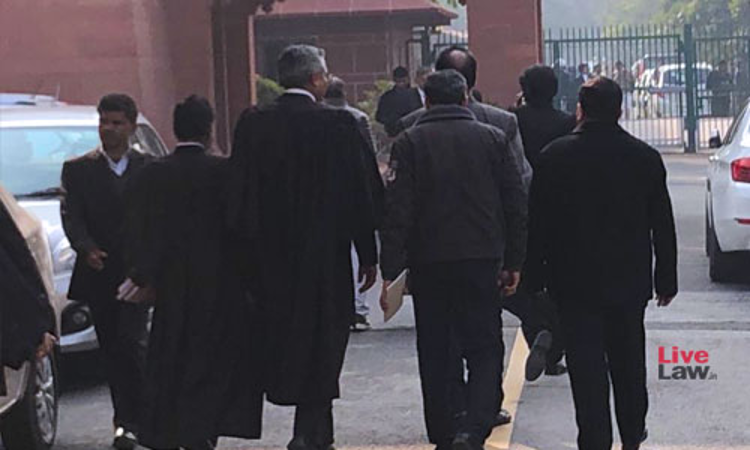Non-Advocate Power Of Attorney Can Be Permitted To Address The Court In Case Of Close Relative: Calcutta HC
Ashok Kini
25 April 2019 11:48 AM IST

"The right of appearance to appear in a particular case on the permission granted by the court under Section 32 of the Advocates Act 1961 is an exception to the right of practice by advocates."
Next Story


